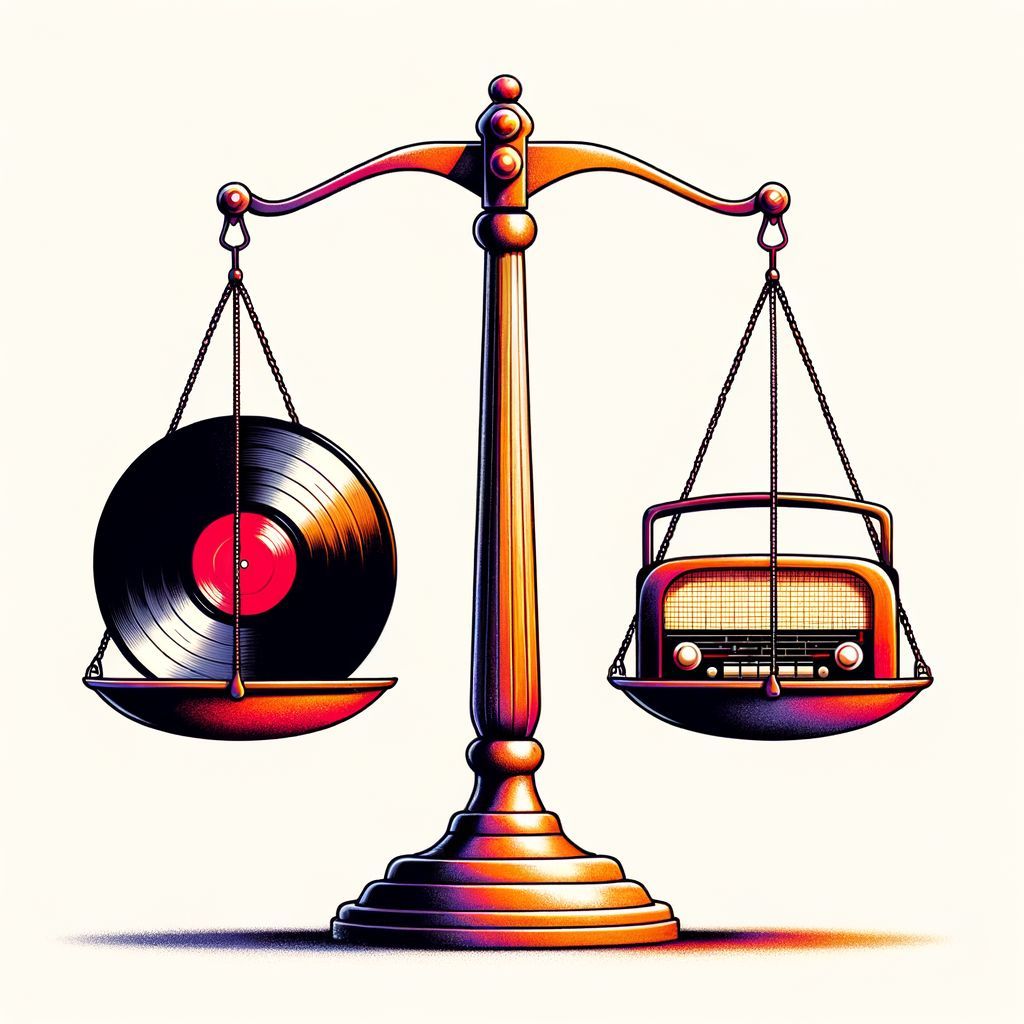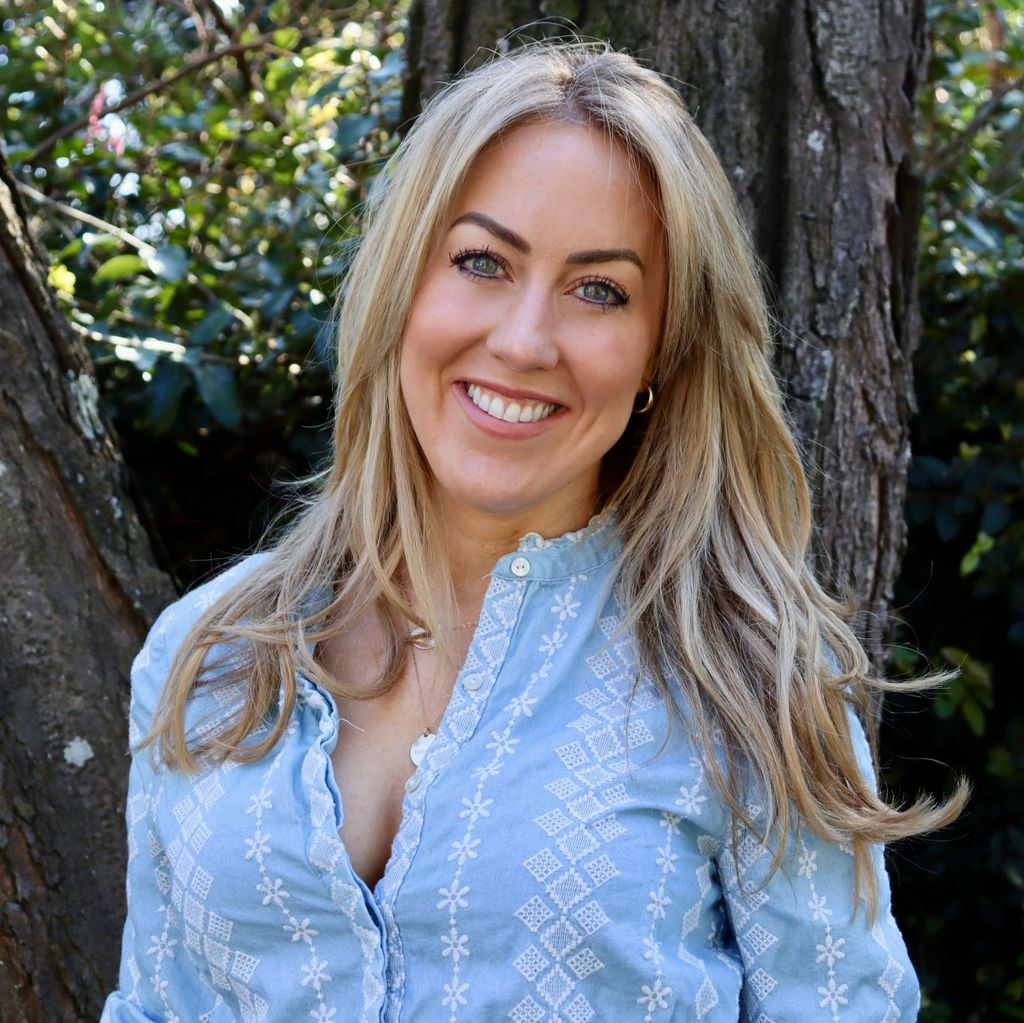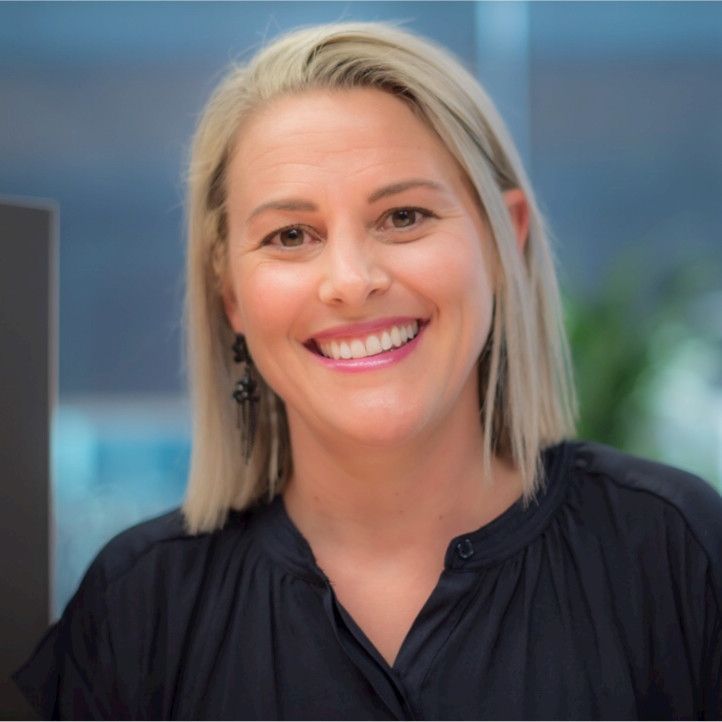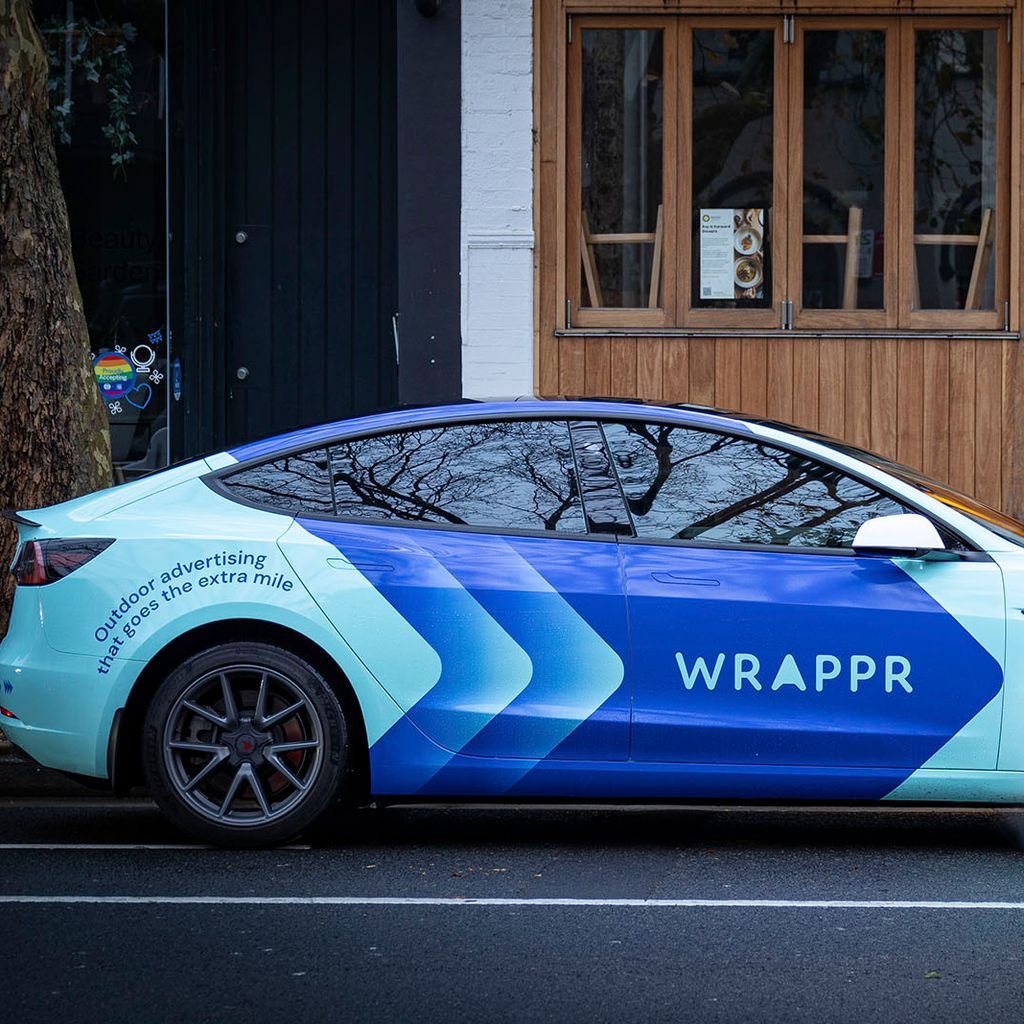

Image by DALL·E Pic: Midjourney
Editors' Note: Many Fast News images are stylised illustrations generated by Dall-E. Photorealism is not intended. View as early and evolving AI art!

Fair pay for artists,
A level playing field sought,
Change the old law's tune.

Music industry rallies behind Fair Pay for Radio Play bill in Canberra
Music industry heavyweights will today front the senate to make their case against the red tape regulating the fees paid radio networks pay artists to play their music.
The Australian Recording Industry Association (ARIA) and Phonographic Performance Company of Australia (PPCA) will join Mushroom Group, Sony Music Entertainment, Warner Music Group and Universal Music Group to voice their support for the Copyright Legislation Amendment (Fair Pay for Radio Play) Bill 2023 introduced by Senator David Pocock.
The Bill amends the Copyright Act 1968 to remove restrictions limiting the Copyright Tribunal’s ability to determine the amount payable to rights holders in sound recordings when music is played on commercial and ABC radio. These restrictions are often referred to as caps, or radio caps.
"Today we make our case for a level playing field, for the very simple and reasonable right to have a conversation with radio about the fair market value of a sound recording. This is not a bid to hurt radio, but a simple request to be able to negotiate without legislated limits on what artists’ sound recordings are worth," said ARIA and PPCA CEO, Annabelle Herd.
“Seventy per cent of Australians say ‘without music I wouldn’t listen to the radio’. Music and radio should be natural partners, but at the moment it is not an equal partnership. Without sound recordings, artists, and record labels, the music radio business model does not work. It’s been a long time since radio needed help establishing itself and the burden of subsidising a profitable and successful industry should not fall on artists and labels.
“Legislated price caps are very rare in any sector or product in the economy and must be justified by strong public policy objectives. That is clearly not the case here. There is no public policy reason to justify this heavy-handed regulatory intervention which limits what one party can charge for its product. In FY2023, 83.5% of PPCA royalties were paid to individuals or entities in Australia. Without a cap these recipients – and Australian music – stand to see a real benefit. This is why over 500 Australian artists have signed a letter in support of this Bill.”
Mushroom Group COO, Chris Maund, said: “Right now the Australian recording industry is a two-speed economy: for the big artists with catalogues times are better than ever, but for the emerging artists, it’s never been harder to break through. For these artists, every cent counts, especially when making a case for investing further in their careers. For local recordings, 50% of the royalties generated go direct to the artist and 50% goes to the major and independent labels investing millions of dollars a year in Australian artists. And let’s be clear, with almost half of Australian artists signed to independent labels, it is not just the major labels with a vested interest here.
“The investment in local talent is sadly declining as a result of the difficulty in achieving ROI. Unless we have a fair go at negotiating royalties, that investment stands to decline even further. Removing the cap will genuinely help struggling Aussie artists and independent labels like ours, at a time we need help most.”
Sony Music Entertainment Australia and New Zealand Chair and CEO, Vanessa Picken, said: “Australian radio is an important part of our local ecosystem, and a valued partner. The issue here is not with radio, this is about an outdated copyright law that prevents music stakeholders from receiving fair compensation. Working closely with artists every day, I know how much time, money, creativity and resource they each invest in their art; it’s time for these radio caps to be reviewed so that artists can be compensated fairly.”
Warner Music Group President, Australasia, Dan Rosen, said: “Our Australian and international artists drive significant radio audiences and profits, in return, they receive unfair compensation for the use of their creativity and music. Substantial investment of time and money from recording artists and labels is needed to create radio-worthy recordings, so it is inequitable to cap the return we can receive from radio on that investment. These caps are hurting recording artists and music rightsholders, and they are particularly disadvantaging local artists and labels trying to monetise their work here in Australia, our home market. This significantly hampers our ability to grow our Australian music industry both here and on the world stage.”
Universal Music Group President and CEO ANZ, Sean Warner, said: “Government doesn’t limit copyright royalties anywhere other than for radio and sound recordings. There are no similar caps anywhere else in the world. Italy recently removed a 2% cap and Italian radio has continued to operate successfully as before. With the Copyright Tribunal there to determine a fair market rate if PPCA and CRA cannot agree, neither radio or artists and rights holders can be unfairly penalised by onerous sound recording royalties. The radio caps protect radio and they punish artists and record labels. They must go.”
The radio caps were legislated over 55 years ago and prevent the recording industry from negotiating rates for sound recording royalties paid by radio. Currently, recording royalties are capped at 1% of commercial radio revenue and 0.005c per head of population for ABC Radio. Commercial radio earns around $1 billion in advertising revenue and pays only $4.4 million in copyright fees for the use of sound recordings.
Partner Content from Salesforce
A Guide to Personalised Marketing That Keeps Customers Engaged
Customer Service Makes a Strategic Shift for ANZ Organisations










